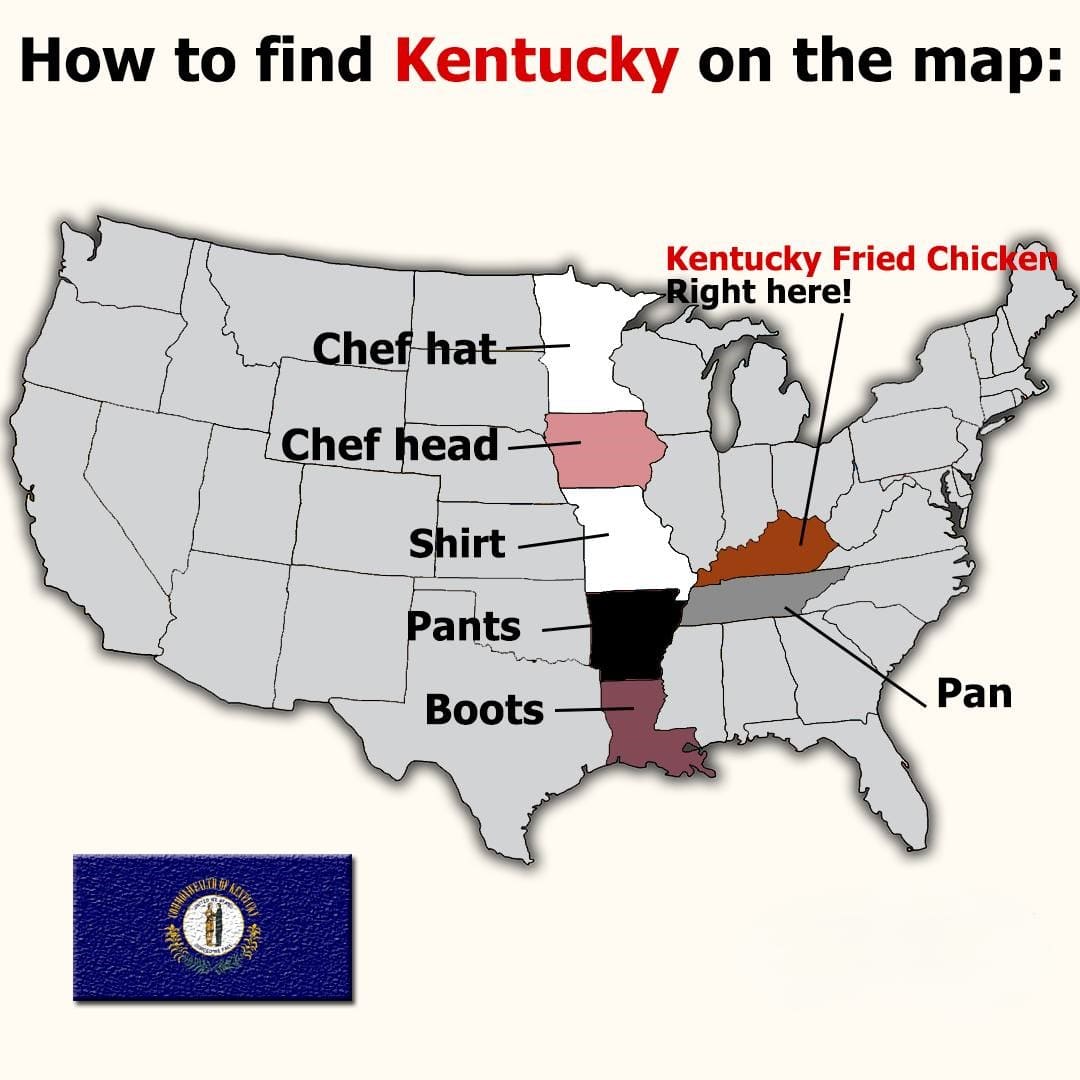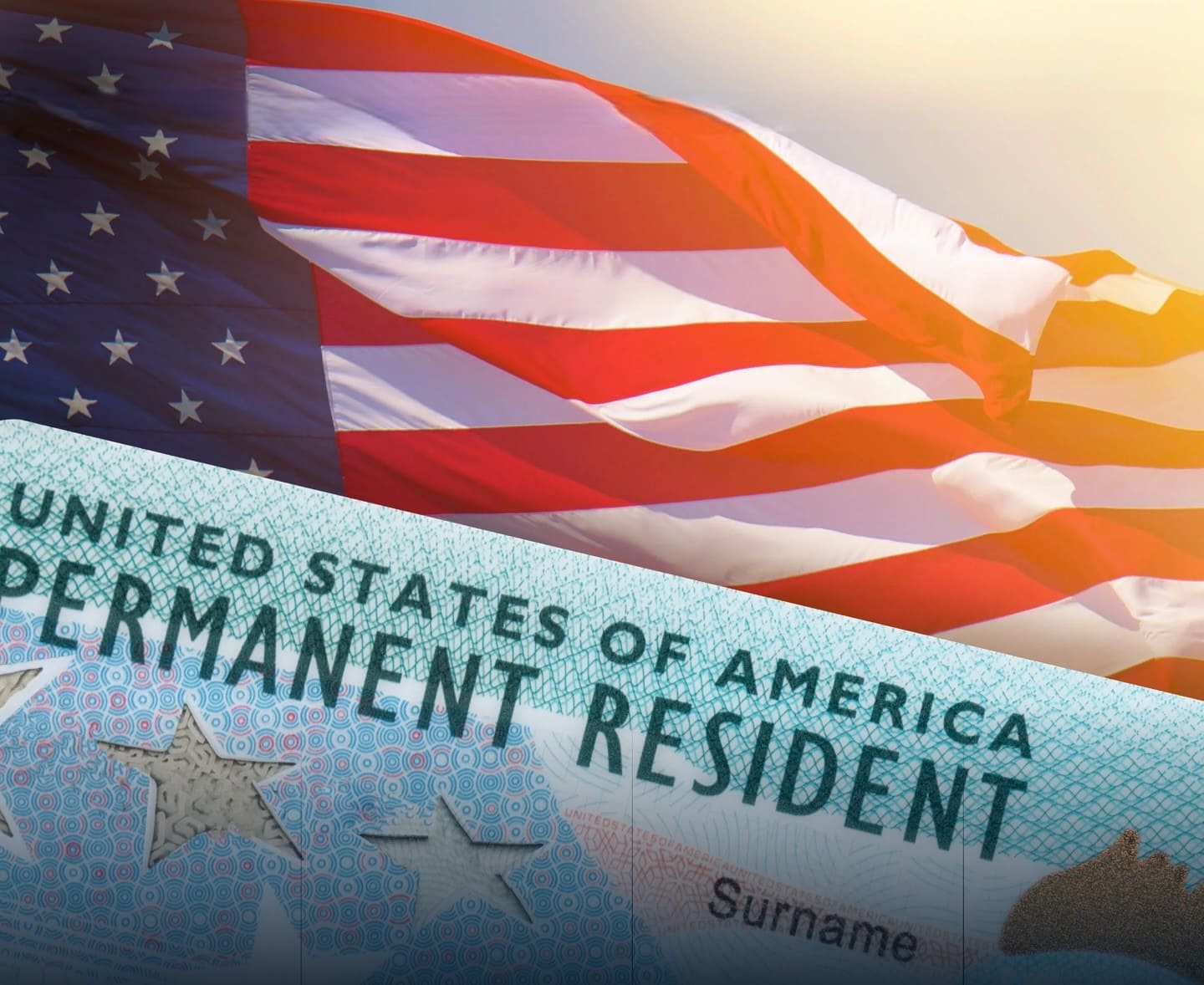Nestled in the heart of the Bluegrass State, Washington County KY boasts a rich tapestry of American heritage that often goes unnoticed. With a story that spans over two centuries, this Kentucky county is steeped in tales of pioneers, political firsts, hidden struggles, and moments that shook local and national consciousness alike. From its role in early American Catholic history to curious legal cases and unexpected wartime connections, Washington County KY is anything but ordinary. If you think you know Kentucky, think again—this deep dive into the county’s astonishing past is sure to surprise even the most seasoned history buff.
1. The First Catholic Settlement in Kentucky

It’s hard to believe that Washington County KY was once considered the spiritual epicenter for Roman Catholics in Kentucky. In the late 18th century, Catholic settlers from Maryland migrated westward in search of religious freedom and fertile land. In 1792, they established the first Catholic church in Kentucky—Holy Cross Church—located in what is now known as Holy Cross, a small community in Washington County KY. This settlement marked the beginning of Catholic influence in the region, laying the foundation for what would become a key religious demographic in the state. This little-known fact reflects the county’s significant role in shaping religious tolerance and diversity in early America.
2. Abraham Lincoln’s Parents Were Married Here
When we think about Abraham Lincoln’s origins, we often focus on his birthplace in Hodgenville. But few realize that his parents, Thomas Lincoln and Nancy Hanks, were married in Washington County KY on June 12, 1806. The original marriage bond still exists, preserved in the county records. The log cabin where the wedding took place is gone, but the historic marker commemorates this major personal milestone in Lincoln’s family history. This connection adds yet another layer of depth to Washington County KY’s impact on American heritage and makes it a pilgrimage spot for Lincoln enthusiasts.
3. Home to Kentucky’s First Post Office West of the Alleghenies
In the early 1800s, as communication began expanding across the United States, Washington County KY played a pivotal role in Kentucky’s infrastructural development. Springfield, the county seat, hosted the first official post office west of the Alleghenies. This wasn’t just a local convenience—it was a strategic move that helped link frontier communities to the rest of the young nation. The establishment of this post office showed how Washington County KY served as a central hub of progress and modernization, defying the image of rural isolation that often shadows early American settlements.
4. The 1826 Slave Rebellion Plot
In a chilling yet revealing chapter of its history, Washington County KY was the site of an alleged slave rebellion conspiracy in 1826. Local authorities uncovered what they believed to be a coordinated plan among enslaved people to revolt. While the veracity of the threat remains debated, several individuals were arrested, tried, and punished. This event illustrates the tension and fear that simmered beneath the surface in antebellum Kentucky, even in a place as seemingly tranquil as Washington County KY. It serves as a powerful reminder of the suppressed voices and hidden struggles woven into the county’s historical fabric.
5. The Courthouse Fire That Erased Decades
In 1905, tragedy struck Washington County KY when a fire ravaged the county courthouse, destroying countless irreplaceable records. Property deeds, marriage licenses, court rulings—gone in a matter of hours. The blaze left a permanent gap in the local historical record, making genealogical and legal research far more difficult today. It also underscores how fragile history can be when dependent on paper and buildings. The courthouse fire remains one of the most devastating events in the county’s timeline and is still talked about among local historians and researchers alike.
6. Washington County KY’s Role in Civil War Espionage
The Civil War divided families and communities—and Washington County KY was no exception. What’s shocking, however, is the extent to which the county played a role in espionage. Several local citizens were implicated in spying activities, passing information between Confederate and Union forces. Some were caught and jailed, while others simply vanished from public record. This part of the county’s history often remains in the shadows but adds to the complex nature of its Civil War involvement. These real-life spy tales contribute to a more nuanced understanding of Washington County KY during one of America’s most turbulent times.
7. The “Hanging Tree” That Drew Crowds
Capital punishment in early America was often a public spectacle, and Washington County KY was no exception. The “Hanging Tree,” as it came to be known, stood near the courthouse in Springfield and was the site of several executions. Crowds would gather to watch justice—however rudimentary—being served. This morbid chapter in the county’s history reveals the darker customs of 19th-century criminal justice and offers a lens into the culture of public punishment that prevailed at the time. Though the tree is long gone, its legacy lingers in local folklore.
8. Site of One of Kentucky’s Oldest Taverns

The Talbott Tavern in nearby Bardstown often steals the spotlight, but Washington County KY has its own contender: the Maple Hill Tavern, established in the early 1800s. Located just outside Springfield, it served travelers, politicians, and traders making their way across central Kentucky. These taverns weren’t just places for drink—they were vital centers of news exchange, networking, and decision-making. The longevity and continued reverence for such establishments speak to the foundational role Washington County KY played in community-building and state politics.
9. The Town That Was Almost the Capital
Believe it or not, Springfield was once considered a potential capital for Kentucky. Due to its central location, active economy, and growing population, Springfield was shortlisted during early statehood discussions. While it ultimately lost out to Frankfort, this little-known fact highlights the prominence Washington County KY once held in the political imagination of early state builders. It remains a point of pride—and mild regret—among residents who love to muse on what might have been.
10. Washington County KY’s Forgotten Revolutionary War Vets
Many veterans of the Revolutionary War found their final resting place in Washington County KY, but most graves remain unmarked or forgotten. These soldiers, who helped secure America’s independence, quietly settled in the rolling hills of the county and lived out their lives farming and raising families. Over time, their contributions have faded from mainstream historical narratives. However, recent efforts by local historians aim to identify and honor these forgotten heroes, proving once again that Washington County KY holds more layers of history than meets the eye.
11. The Oldest Still-Operating Catholic School in the State
St. Dominic School, founded in 1852, stands as the oldest Catholic school still in operation in Kentucky. Located in Springfield, it continues to serve students today. Its long-standing legacy underscores the deep Catholic roots of Washington County KY and highlights the county’s ongoing commitment to faith-based education. Over the years, generations of families have passed through its doors, reinforcing a strong tradition of community and continuity.
12. Bootlegging Capital During Prohibition
During the 1920s Prohibition era, Washington County KY became an unexpected hub for illegal liquor. Bootleggers and moonshiners made use of the remote terrain to avoid detection, and homemade stills were common in rural areas. Stories of secret cellars, underground tunnels, and federal raids have been passed down for generations. The county’s rebellious streak during this time speaks volumes about its residents’ determination to preserve certain freedoms—even when it meant bending the law.
13. Underground Railroad Safehouses

Historical research and oral history suggest that several homes in Washington County KY served as safehouses on the Underground Railroad. These homes provided sanctuary to escaping slaves on their dangerous journey north. Although many records were kept secret for safety, local families have long whispered about the hidden rooms and tunnels in their old homes. These stories are now recognized as part of the county’s proud legacy in the fight for freedom and human rights.
14. Civil Rights Protests in the 1960s
While the major civil rights battles of the 1960s often centered in large cities, Washington County KY saw its own moments of protest and resistance. High school students, churches, and community organizers played a role in challenging segregation and inequality. Though not widely documented, these local efforts were vital in creating meaningful change within the community. It’s a reminder that the fight for justice occurred in small towns as well as big cities.
15. Birthplace of Kentucky’s First Female Judge
One of Kentucky’s trailblazing women, Julia Hayden, hailed from Washington County KY and became the state’s first female judge in the early 20th century. Her groundbreaking career inspired future generations of women in law and leadership. Her story, often overshadowed by male contemporaries, is a testament to the county’s contribution to gender equality and civic progress.
16. The Town Where Time Stood Still
In the early 1980s, the town of Mackville in Washington County KY gained brief national fame when its residents rejected modernization. Without paved roads or modern streetlights, Mackville preserved a way of life that had largely vanished elsewhere. Though some infrastructure has since caught up, the story remains a powerful symbol of tradition, resistance to change, and rural pride.
17. Lost Gold Legend of Cartwright Creek
Legend has it that a Civil War-era stash of Confederate gold was buried near Cartwright Creek in Washington County KY. Treasure hunters and curious locals have long searched the area, though nothing has ever been found. Whether myth or hidden truth, the tale adds a touch of mystery to the county’s storied past and continues to capture imaginations.
18. Home to a Rare Kentucky Meteorite

In 1957, a rare meteorite crashed near Willisburg in Washington County KY, drawing scientists and collectors from across the country. It was classified as a stony meteorite and is still studied in university collections. The cosmic event reminds us that even the quietest corners of the Earth can host extraordinary moments from the heavens.
Conclusion: 18 Shocking Facts About Washington County KY History
From spiritual milestones to civil disobedience, and from presidential lineage to celestial phenomena, Washington County KY stands as a microcosm of American history. These 18 shocking facts reveal a county deeply woven into the nation’s cultural, political, and social fabric. Behind every courthouse wall, creek bed, and country road lies a story waiting to be told—proof that Washington County KY is more than a map dot; it’s a historical goldmine.